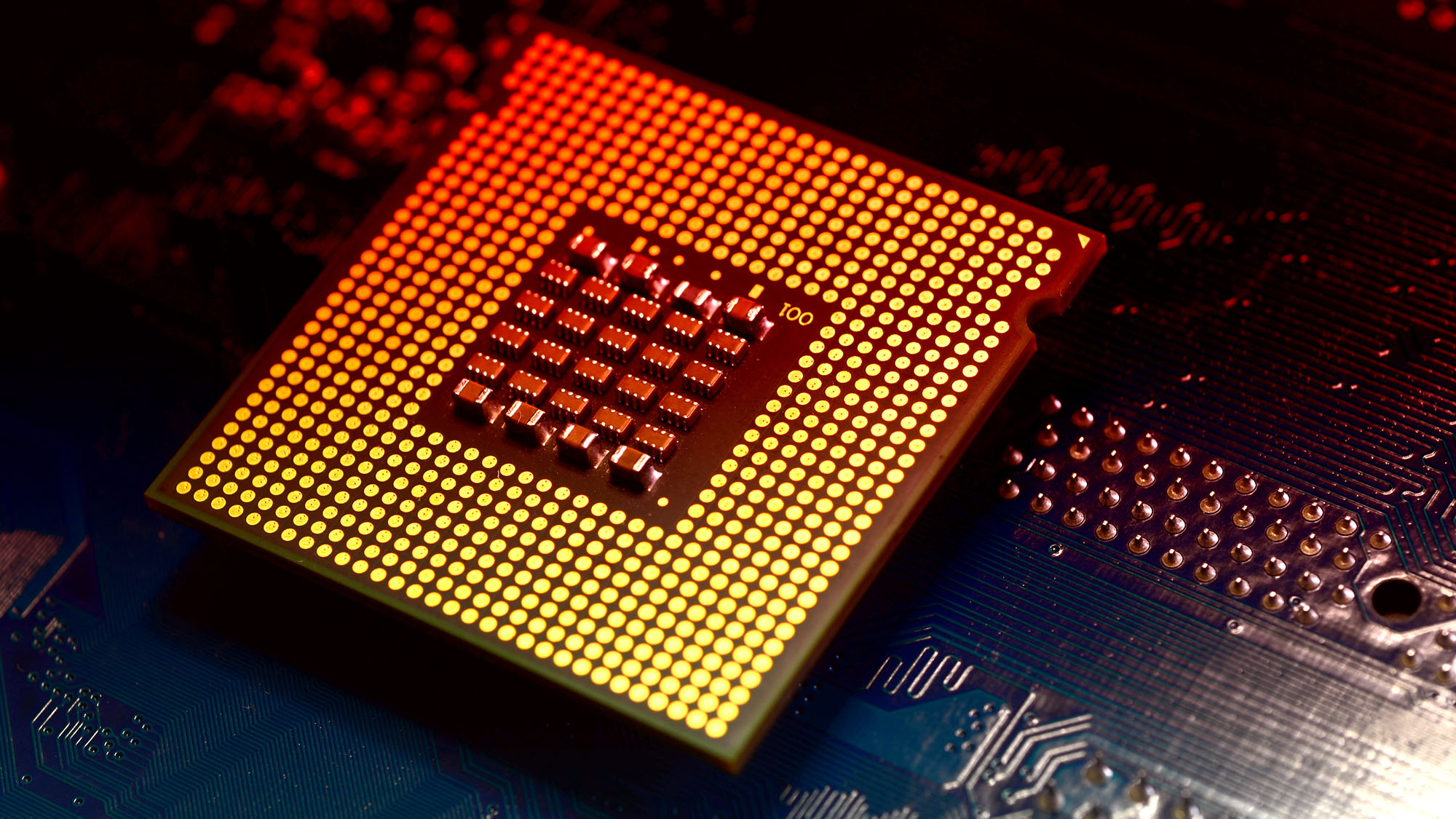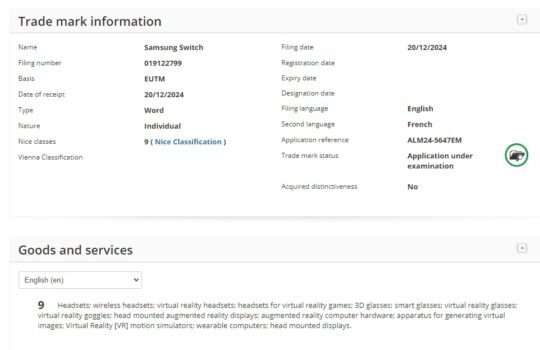
The specifications for Intel’s upcoming Core Ultra 200 (codenamed Arrow Lake) series, which will rival the best CPUs, have purportedly been finalized. Benchlife has released a full table of the alleged specifications featuring all five SKUs arriving later this year. Intel’s initial batch of SKUs that will come with Arrow Lake’s debut will be the Core Ultra 9 285K, Core Ultra 7 265K, Core Ultra 7 265KF, Core Ultra 5 245K, and Core Ultra 5 245KF.
Core Ultra 9 285K is the flagship chip with eight P-cores, 16 E-cores, 36MB of L3 cache, and a maximum turbo frequency of 5.7 GHz courtesy of Intel’s Turbo Velocity Boost technology. Base power is rated at 125W, and the maximum turbo boost power limit is set at 250W.
Unlike the Core i9-14900K, Intel keeps the same core count configuration, featuring a 2:1 ratio for the P and E-cores. Clock speed is taking a noticeable step down; however, with the 285K “only” achieving 5.7 GHz, there is a 300 MHz decline compared to the 14900K. This is a result of Intel switching to a new process node and architecture. L3 cache is the same between both chips, but the Core Ultra 9 chip has 8MB more L2 cache.
The Core Ultra 7 265K/KF drops the core count to 8 P-cores and 12 E-cores, featuring a maximum turbo clock of 5.5 GHz. The cache also drops to 30MB of L3 and 36MB of total L2 cache. Power metrics remain the same as the 285K at 125W and 250W, respectively. The new Ultra 7 parts feature the exact core count as their Core i7 predecessors and a similar boost clock featuring a TVB clock just 100 MHz shy of the Core i7-14700K/KF. The Ultra 7 parts also have more cache, featuring 3MB more L3 and 8MB more L2.
| Header Cell – Column 0 | Core Ultra 9 285K | Core Ultra 7 265K / KF | Core Ultra 5 245K / KF |
|---|---|---|---|
| Cores / Threads | 8+16 / 24 | 8+12 / 24 | 6+8 / 14 |
| L3 Cache / Total L2 Cache | 36MB / 40MB | 30MB / 36MB | 24MB / 26MB |
| Thermal Velocity Boost | 5.7 GHz | 5.5 GHz | 5.2 GHz |
| Turbo Boost Max (TBMT 3.0) | 5.6 GHz | 5.5 GHz | None |
| P-Cores Peak Boost | 5.6 GHz | 5.4 GHz | 5.2 GHz |
| E-Cores Peak Boost | 4.6 GHz | 4.6 GHz | 4.6 GHz |
| P-Cores Base Clock | 3.7 GHz | 3.9 GHz | 4.2 GHz |
| E-Cores Base Clock | 3.2 GHz | 3.3 GHz | 3.6 GHz |
| CPU Base Power | 125W | 125W | 125W |
| Maximum Power | 250W | 250W | 159W |
The Core Ultra 5 245K/KF features six P-cores and eight E-cores accompanied by 24MB of L3 cache and 26MB of L2 cache. Compared to the Ultra 7 and 9 parts, core clocks take a big hit, peaking at just 5.2 GHz for the maximum TVB turbo clock. There is also a complete lack of IBMT 3.0 support, which could affect performance in some scenarios.
Clocks are very similar, and core counts are identical compared to the Core i5-14600K/KF. The Ultra 5 parts are just 100 MHz slower than the 14600K/KF SKUs when it comes to maximum turbo boost clock speeds. The Arrow Lake parts also have improved cache, featuring the same amount of L3 cache as the Raptor Lake Refresh counterparts but six megabytes more L2 cache.
Overall, specs aren’t massively changing compared to the Raptor Lake CPUs Intel has today. The significant tidbits that are changing are the process node and architecture, which are entirely new for this generation. The Core Ultra 200 series will take advantage of the Arrow Lake architecture, which features new Lion Cove P-cores that feature hyperthreading. Intel will also take advantage of third-party silicon again, ditching its homebrewed 18A process node for a competing design from TSMC.






